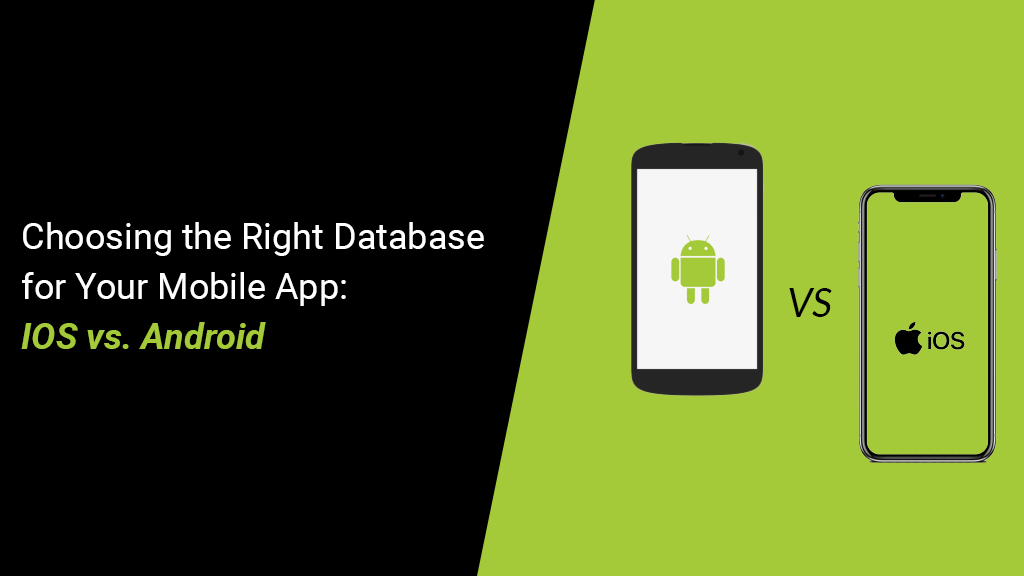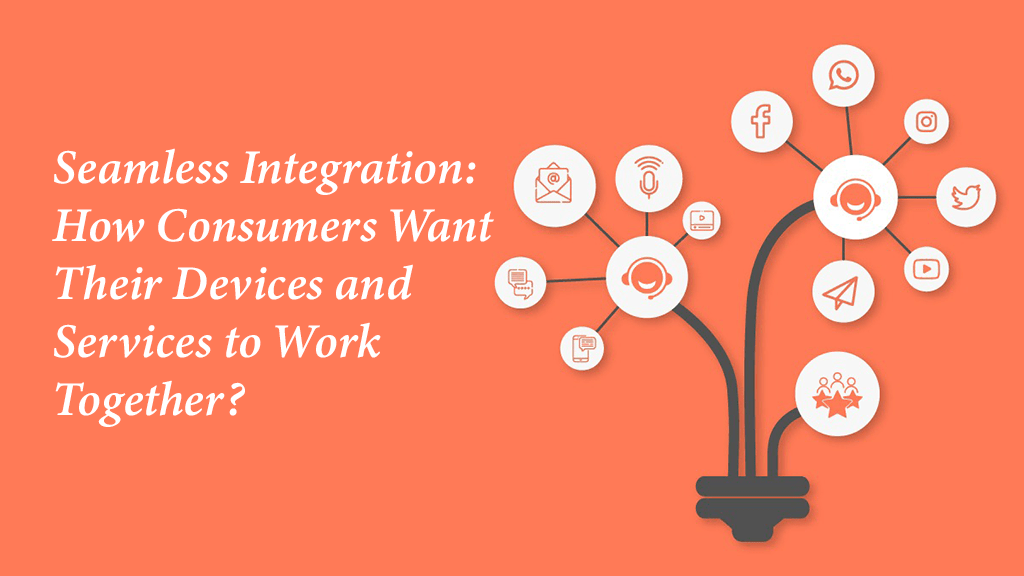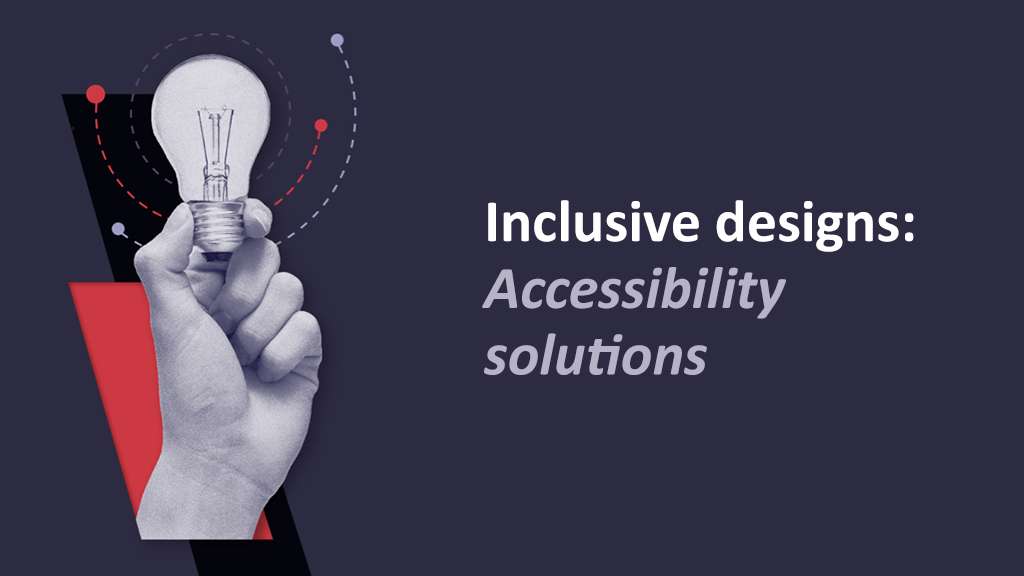
How to select the right database for a mobile app? Well, it depends!
Whether it’s an IOS or Android app, the choice hinges on multiple factors. Key factors include the amount of data you need to store, specific functionality requirements, the complexity of the app and more.
The primary purpose of any database for an application is to store, secure and protect data.
In this article, we will draw comparisons between databases commonly used for mobile apps on both IOS and Android devices.
The Appropriate Mobile App Database for IOS
A database is an organised and structured collection of information that stores and manages all the information in an app, making it available when required. Mobile apps leverage the database to obtain the right information when a service, feature, or functionality is requested,
Here is a compiled list of the most suitable databases for IOS app data management.
1. SQLite
Typically, a mobile app database stores information in rows and columns. Similarly, SQLite organises data in rows and columns, making it easy to build relationships. Hence, it is rightly known as a relational database management system (RDBMS).
SQLite is easy to implement. It doesn’t require any installation and has zero configuration. It also provides versatility and operates without a hitch on a number of computer operating systems, including iOS and Android. Numerous programming languages, including C++, C#, JavaScript, Objective-C, PHP, Ruby, Java, and Python, are supported for integration.
SQLite is the best option for mobile app data storage when
- You don’t require programmes to be updated frequently
- You are developing an application for transaction processing or traditional reporting
- handling a significant volume of structured data is required.
2. Core Data
Apple-sponsored Core Data lets you specify data types and categories, cache temporary app data, and store app data for offline use. To be more specific, it is a persistence framework, a kind of middleware that can use SQLite as a database to store data within it.
Why choose Core data for IOS app data management? Because it makes use of Objective-C and Swift, two languages exclusive to Apple, ensuring seamless integration into the IOS ecosystem.
Additionally, it is quicker at storing data than SQLite and enables data organisation into binary, XML, or SQLite stores.
Thanks to its built-in features that eliminate the need for manual implementation, testing, and optimization, Core data significantly reduces the amount of written code, typically by 50 to 70 percent.
3. Realm
Realm, formerly known as MongoDB, is an open-source object-based management system. It enables developers to program associations between objects through its object-oriented databases.
While SQLite uses SQL databases, Realm uses C++. It is faster than both SQLite and Core Data, making your app function quicker and smoother. In case your app grows big, Realm can manage lots of users and data more efficiently.
Moreover, for developers, it provides clear documentation, making it easier to build and maintain your app. So, if speed, scalability, and developer support matter to you, Realm could be the way to go!

Popular Databases for Android Apps
Following are some of the best mobile app databases for android devices:
- MySQL: It’s an open-source, multipurpose, and intuitive SQL database manager.
- PostgreSQL: This open-source relational database offers a wide range of customisation options and functionalities.
- Redis: Redis is a low-maintenance, open-source solution that provides efficiency and simplicity for caching data in mobile applications.
- Amazon DynamoDB: A hassle-free NoSQL database service that runs in the cloud and provides blazingly quick performance at any size.
- MongoDB Realm: This fully managed platform that makes it simple to develop, launch, and grow mobile applications. It is well-known for supporting offline operations and enabling cloud-to-mobile data synchronisation.
Factors to Consider When Choosing a Database for an App
Here are some factors to consider for choosing the right database:
- Data Structure: Think about your data’s organisation and access method. SQL databases like MYSQL and PostgreSQL are ideal for processing structured data, but MongoDB can be a better fit for storing unstructured or semi-structured data.
- Performance Requirements: Analyse your application’s requirements for speed and efficiency. While certain databases perform well when there is a lot of reading involved, others are better suited for jobs that need a lot of writing. For example, Redis is frequently used in mobile applications to handle temporary data.
- Data Size: Assess your data size and its expected growth over time. Scalable databases such as Amazon DynamoDB are ideal for handling large volumes of data, providing consistent performance at all scales.
- Offline Capabilities: Take into consideration databases that provide offline synchronisation and conflict resolution if your app needs to function offline. For offline-first apps, databases like MongoDB Realm ensure seamless data syncing between mobile and cloud databases.
- Integration with Backend Services: Ensure the database you select is compatible with your APIs and backend services. Verify its support for widely used programming languages, compatibility with your current system, and ease of integration.
Conclusion
In conclusion, each database comes with its own strengths and use cases, so the onus is on you to evaluate them based on your specific requirements and make the right choice; whether it’s for an IOS or Android app.
Before you make a decision, ensure you have done thorough research and tested different databases.
If you require professional advice, our experienced team of developers is available to guide you!


Seamless Integration How Consumers Want Their Devices and Services to Work Together
July 17, 2024 Read More

